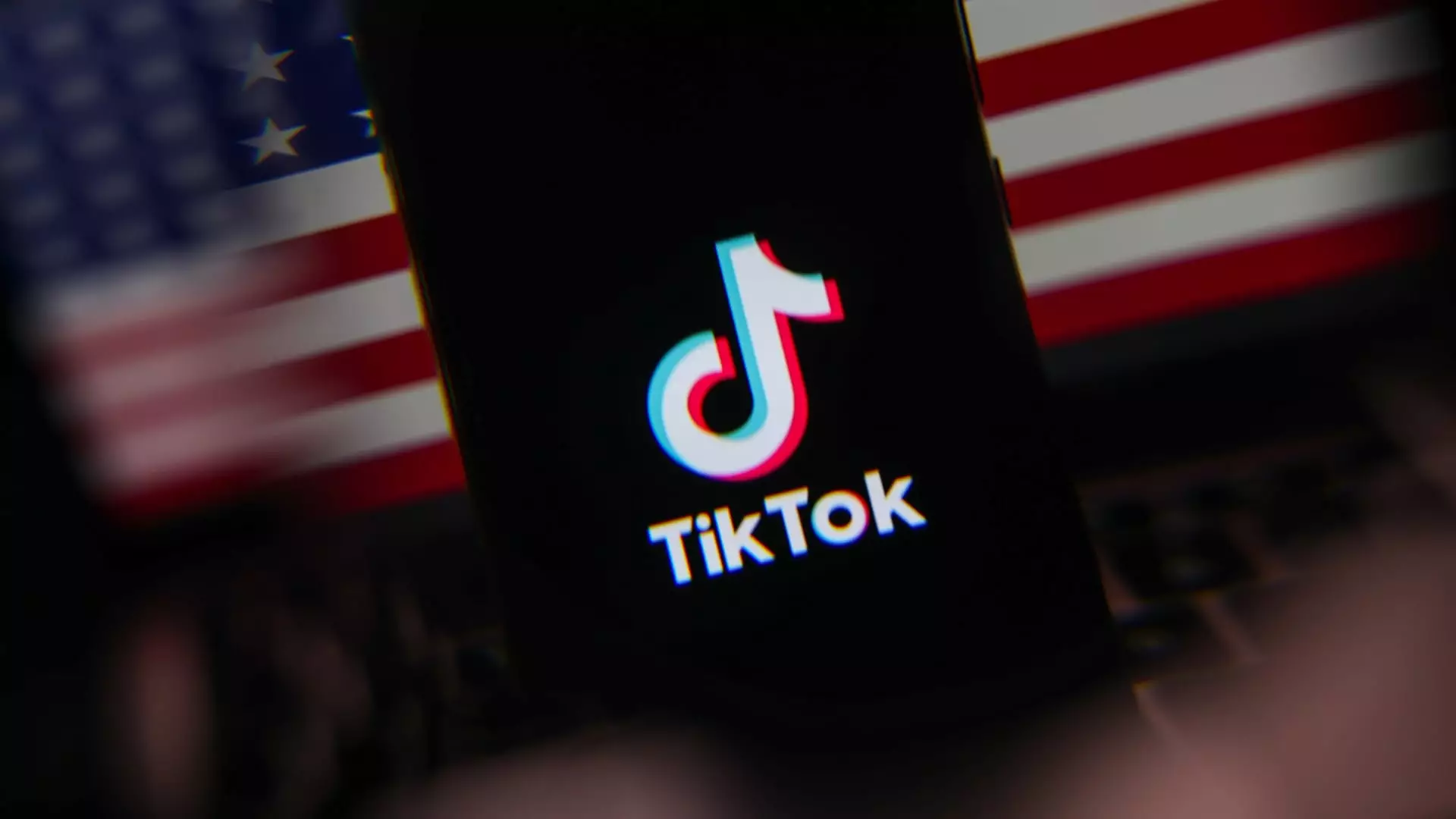TikTok has reemerged in both the Apple App Store and Google Play Store, a significant turn of events following its removal on January 18. This withdrawal came in light of heightened national security scrutiny as TikTok’s leadership voluntarily ceased operations in the United States. The immediate concerns stemmed from a national security law set to take effect the very next day, igniting further controversies around the app’s ownership by the China-based company ByteDance. The implications of this situation extend far beyond the mere availability of an app; they delve into the intricate web of international relations, data security, and digital rights.
The turbulent backdrop is rooted in the Protecting Americans from Foreign Adversary Controlled Applications Act, which mandates that ByteDance’s U.S. operations must be divested by January 19 to avoid a nationwide ban on TikTok. With over 170 million users in the U.S., the government’s stance hinges on perceived threats to national security due to TikTok’s data collection practices and noted connections to the Chinese government. The Supreme Court’s endorsement of the Biden administration’s position adds a judicial layer to the controversy. The court affirmed that the divestiture was necessary to allay national security concerns, a ruling that drew criticism from TikTok’s leadership, who argue that such measures infringe upon First Amendment rights.
In a dramatic display of resistance, TikTok’s management hinted at a total withdrawal from the U.S. market, threatening to shut down operations if the government did not take steps to alleviate the situation. This signal of defiance reflects not only the company’s financial interests but also the billion-dollar cultural phenomenon TikTok has become in American society. The app’s return was temporarily secured when former President Donald Trump intervened, suggesting a 50% ownership position for the United States in a joint venture. This willingness to compromise suggests a potential path for resolution amid escalating tensions.
Despite nearly a month of absence from app stores, the resilience of TikTok has been remarkable. Reports from late January indicated that the platform managed to recover about 90% of its traffic prior to the legal upheaval. This statistic is telling; it underscores not only the app’s popularity but also the deep-rooted engagement of its user base. The digital marketplace is dynamic, and user preferences can often outweigh regulatory pressures, showcasing how quickly the tides can turn in the world of social media.
TikTok’s saga is emblematic of larger tensions surrounding data privacy, government oversight, and free expression in the digital realm. As the legal landscape continues to evolve, so too will the dynamics between government entities and the platforms that dominate online interaction. While the app is back for download, the underlying issues remain unresolved, presenting an ongoing challenge that could impact not only TikTok but the broader future of international tech companies operating within the U.S. borders. The interplay of legal, corporate, and cultural factors will certainly shape the digital discourse as we move forward into an increasingly interconnected world.

